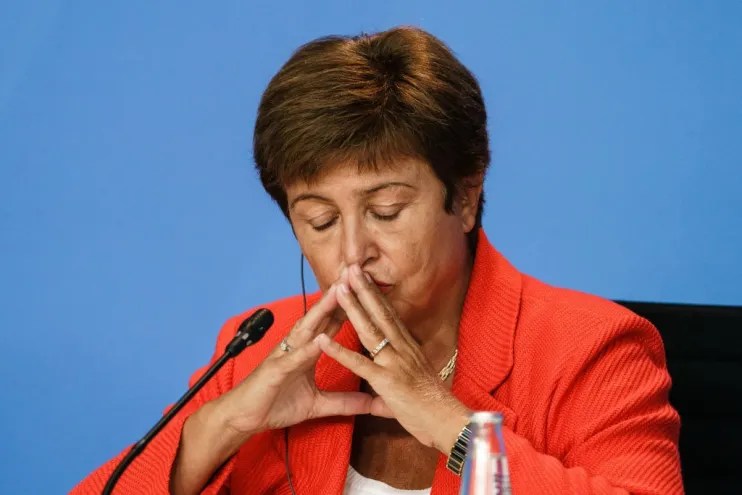Today at COP28: And breathe

It’s the one and only day of rest at COP28 in Dubai today.
A lot of the ‘big business’ aspects of the climate change transition have had their day on the schedule, with energy and industry, finance and trade being covered on the first three days of the summit.
Ahead, there will be round-tables, conferences and meetings covering equally big questions of a different kind: education, nature, food and water.
There were still some headlines that you may have missed today; COP28 is the summit that never really sleeps.
Written in ink
Australia’s second richest man has revealed that he has taken out advertisements in 10 major international newspapers calling out the fossil fuel industry.
Andrew Forrest, who is worth approximately £17.4bn, revealed at an interview at COP28 today that he has placed an ad in the Friday edition of papers including the New York Times, Wall Street Journal, Washington Post and Financial Times.
The ad showed an ostrich with its head in the sand with the caption, “oil and gas, here is the science you’ve missed.”
Forrest is the former CEO of Fortescue Metals Group, but in 2013 pledged to give away the majority of his wealth to charity. Last week, Fortescue, where he remains a non-executive chairman, published an open letter addressed to “world leaders” urging action on emissions, green industry activation and economic stimulants.
Speaking on a rest day at the Dubai conference, he said the summit could have “enormous historic relevancy” if countries declared fossil fuels should be phased out.
Speaking to The Guardian, Fortescue said: “We need just a simple understanding that there’s only one question we should ask, which is: when are you going to stop burning fossil fuel?
“Any industrialist, any politician should receive that simple question, not ‘what’s your net [zero] 2050 plan’ or ‘what is your going greener plan’, or any of that whitewash.”
A lot of hot air
Kristalina Georgieva, the managing director of the International Monetary Fund (IMF), today advocated for creating a regulatory framework where high-carbon activities reflect their true costs to society and by cutting subsidies that encourage fossil-fuel use.
This summer, the IMF calculated that the direct and indirect subsidies that go towards fossil fuels reached more than $7tn (£5.56tn) this year, especially as the cost of living crisis slugged on.
Georgieva, a former chief executive of the World Bank and a leading European commissioner, said: ““When we talk about the need to support the transition to the green economy, where the money could come from – well, here is the source.”
Economists worldwide have been mooting a carbon tax for years and last year the EU even introduced one.
Georgieva’s message appeared to speak to governments directly who have a track record of treating the policy idea as a potential vote-loser.
Money talks
Two financial pledges for climate improvement came through from Australia today, totalling A$150m.
Under Prime Minister Albanese’s government, it was revealed that A$100m will go to the Pacific Resilience Facility and $50 will go to the Green Climate Fund.
In a statement, the government said it was “responding to Pacific needs by delivering climate finance directly to the region to deal with the climate crisis to protect people, housing and infrastructure”.
One pledge that Australia hasn’t committed to however is the loss and damage fund, which nearly 200 nations agreed to after hard-fought negotiations and lengthy back-and-forths, with many financially backing it.
Albanese’s government supported the creation of the fund, but has notably not offered any money.
According to the Guardian, Italy and France have each promised $108m; with Germany and Cop28 hosts, the United Arab Emirates, both pledging $100m . The US, which is historically the worst greenhouse gas emitter, has so far pledged just $17.5m.